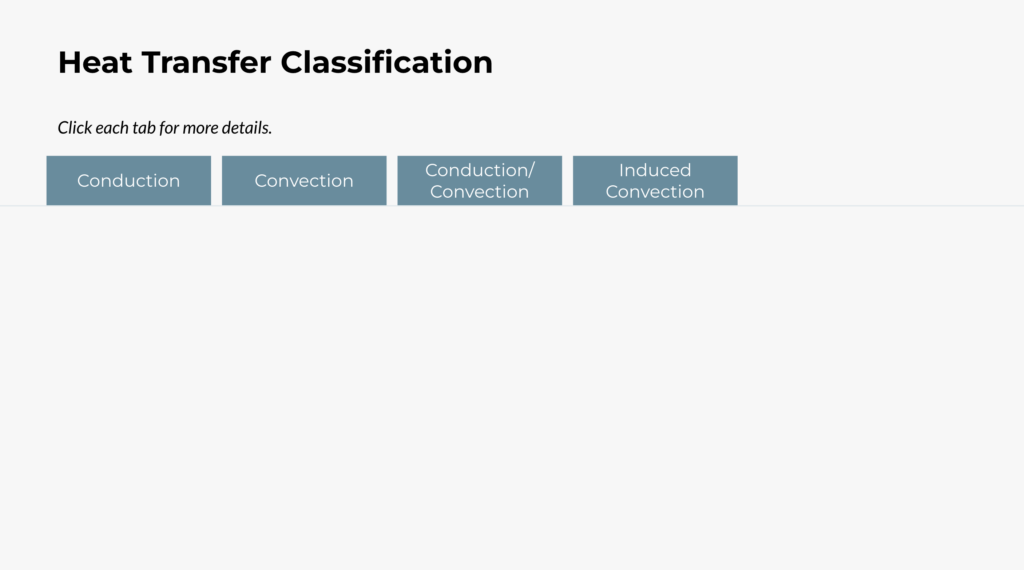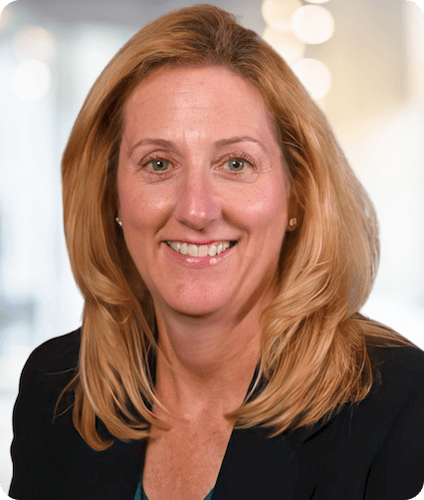Heat Penetration Theory and Data Acquisition
Course details
Self-Paced eLearning
49.00
30 Minutes
Mark Deniston
This course covers essential concepts of heat transfer in canned foods and provides the expertise needed to design effective heat penetration tests. Participants will learn about different heating methods — conduction, convection, and induced convection — and the testing equipment used in the field.
Benefits and Learning Objectives
This course is ideal for Process Engineers, Microbiologists, Thermal Process Technicians, and professionals in technical and managerial roles responsible for food safety and quality.
- Understand the principles of heat transfer in canned foods.
- Differentiate between conduction, convection, and induced convection heating methods.
- Learn how to design effective heat penetration tests.
- Become familiar with the testing equipment used in heat penetration testing.
- Apply heat penetration theory to ensure food safety and quality.



Agenda:
- Discuss the theory of heat transfer in canned foods.
- Explore how to design and conduct heat penetration tests.
- Understand the test equipment for heat penetration testing.
Who Should Attend?
- Process Engineers
- Microbiologists
- Thermal Process Technicians
- Quality Assurance Managers
- Food Safety Managers
- Production Managers
- Regulatory Compliance Officers
- Technical and Managerial Professionals in Food Safety
Registration and Payment
To register for this course, please visit our training portal.

-
Vice President, Process Engineering
IEH Laboratories & Consulting Group
Meet the Instructor
Mark Deniston
Mark Deniston has worked with IEH since 2005. He earned his M.S. in Food Engineering from UC Davis and his B.S. from Cal Poly. He has published papers on heat transfer to foods with particles, heat transfer to food products heated in steam/air retorts, and hyperfiltration technology for protein recovery. Deniston also was co-author of a National Food Processors Association (NFPA) book on automated control system validation. Deniston has taught numerous workshops and courses such as the FDA Advanced Low Acid Canned Foods Workshops, NFPA and IEH Thermal Processing, Aseptic Processing and Process Deviation Workshops, and Better Process Control Schools.
At IEH, Deniston conducts evaluation studies on automated control systems, 21 CFR Part 11 electronic record keeping systems, retort systems, and aseptic processing and packaging systems. He also recommends LACF and acidified thermal processes and evaluates LACF and acidified thermal process deviations. Deniston has held a part-time UC Davis position for 39 years, and before working at IEH, he worked at the NFPA Western Research Laboratory for 19 years in thermal processing and environmental engineering.

-
Executive Vice President
IEH Laboratories & Consulting Group
Carol Cave
Ms. Carol Cave joined IEH as the Executive Vice President in 2024, bringing with her extensive expertise in regulatory affairs and consumer protection. She holds a B.S. in Consumer Economics from the University of Maryland.
Before joining IEH, Ms. Cave served as the Acting Associate Commissioner (ACRA) for the Office of Regulatory Affairs (ORA) at the Food and Drug Administration. In this role, she oversaw approximately 5000 ORA employees stationed across the U.S. and around the world.
Prior to her role as Acting ACRA, Ms. Cave served as Deputy Associate Commissioner, where she managed inspections, compliance, enforcement, field laboratory operations, import operations, and strategic planning.
Earlier in her career at the FDA, she served as the Assistant Commissioner of Import Operations, where she led the Office of Enforcement and Import Operations, ensuring FDA-regulated imported products comply with U.S. laws. Ms. Cave also led coordination efforts between the FDA and U.S. Customs and Border Protection, developing joint regulations, policies, procedures, and operations.
Before her tenure at the FDA, Ms. Cave was the Deputy Director of the Office of Compliance and Field Operations at the U.S. Consumer Product Safety Commission (CPSC). In this role, she collaborated with federal government agencies to identify potentially defective consumer products. With nearly 26 years at the CPSC, Ms. Cave held various leadership positions, including Director of State and Local Programs and Assistant Executive Director for the Office of Import Surveillance, ensuring the safety of consumer products nationwide.